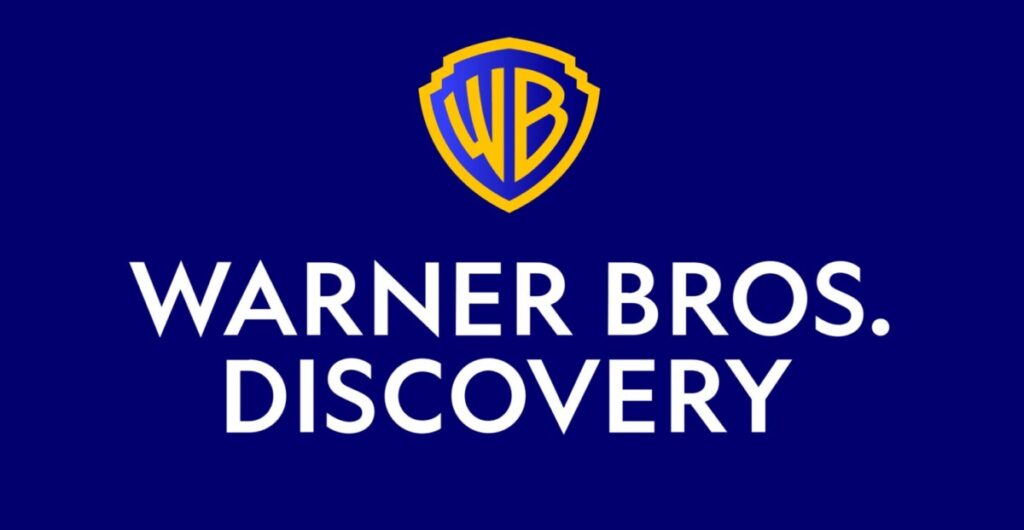Warner Bros Discovery (WBD) is contemplating a dramatic restructuring to separate its digital streaming and studio businesses from its legacy television networks. This move aims to address the US media giant’s falling share price and substantial debt load.
Strategic Options Under Consideration
Chief Executive David Zaslav is exploring various strategic options, which include selling assets or creating a new company for its Warner Bros movie studio and Max streaming service. This new entity would be free from most of WBD’s $39 billion net debt.
Despite WBD’s market capitalization dropping by a third to approximately $20 billion in the past year, the company has not yet hired an investment bank for any specific transaction. However, top management is consulting with advisers to determine the best course of action for shareholders.
Discussions with Rivals and Analysts’ Concerns
WBD’s major backers, including cable billionaire John Malone and the Newhouse family (which controls Condé Nast), are involved in these discussions. Informal talks have also taken place with advisers from rival media groups to explore potential mergers and acquisitions.
Previously, WBD considered merging with Comcast’s NBCUniversal and Paramount. Paramount has since agreed to sell itself to David Ellison’s Skydance studio. Both NBCUniversal and Paramount have legacy television assets and smaller streaming platforms.
While a break-up seems the strongest option, analysts at Bank of America (BofA) have warned that it could negatively impact bondholders. They pointed to a recent situation where Lionsgate faced a creditor revolt after separating its Starz pay-TV network. However, WBD’s debt was raised in a lenient environment, making financial restructuring more feasible.
Potential Impact of a Strategic Spin-Off
The proposed spin-off would leave WBD’s legacy television assets with the bulk of its debt. These TV networks, despite declining revenues, still generate significant cash flow. This would allow the newly formed streaming and studio business more financial flexibility and a potential for a higher valuation.
The discussions reflect broader concerns about WBD, whose shares have plummeted by about 70% since the merger of Warner Bros and Discovery, facilitated by AT&T. The company has faced numerous challenges, including a declining advertising market, high streaming development costs, the Covid-19 pandemic, Hollywood strikes, and some high-profile flops.
Despite efforts to slash costs and pay down debt, WBD’s stock fell by 10% in February when the chief financial officer could not project free cash flow for the year.
BofA analyst Jessica Reif Ehrlich recently highlighted that WBD’s current structure as a consolidated public company is not working. She suggested exploring asset sales, restructuring, and mergers, while also acknowledging the potential creditor backlash.
Conclusion
As Warner Bros Discovery navigates these strategic decisions, the outcome could significantly reshape the company’s future. Separating its streaming and studio businesses from its legacy television networks might provide the financial flexibility needed to thrive in an increasingly competitive media landscape.
Stay tuned for further updates as WBD’s management evaluates the best path forward.

DC Fanboy! Superman is the greatest comic book character of all time. Favorite movies are Man of Steel, Goonies, Back To the Future






